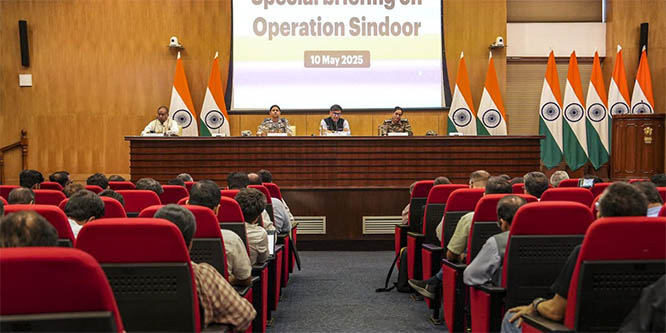
The Indian Union Muslim League (IUML) has elected Syed Sadiq Ali Shihab Thangal as its State president. He was elected at a meeting of the party’s high power committee held here on Monday morning.
58-year-old Mr. Thangal has succeeded his elder brother Syed Hyderali Shihab, who passed away on Sunday after a prolonged illness. He had officiated as State head of the IUML when Hyderali Shihab was under treatment for lymphatic cancer.
IUML national president K.M. Kader Mohideen announced the high power committee decision after the meeting here. He said the party followed the tradition of appointing the head of the Panakkad family as the party’s State president.
Several IUML senior leaders, including national general secretary P.K. Kunhalikutty, MLA, and national working secretary E.T. Mohammed Basheer, MP, and almost all members of the Panakkad Shihab family attended the meeting.
Mr. Thangal was also elected the chairman of the IUML political advisory committee. He was Malappuram district president since 2009, the year in which his eldest brother Syed Mohammedali Shihab Thangal died. He was a member of party high power committee since it was formed in 2018. He had become chairman of the IUML disciplinary committee in 2016.
Born in 1964 as the fourth son of Syed P.M.S.A. Pookoya Thangal, he was actively involved in the socio-political bogey of the IUML. He was State president of the Samastha Kerala Sunni Students Federation (SKSSF) and the Muslim Youth League (MYL) before heading the IUML in Malappuram.
He held such positions as general secretary of Jamia Nooriyya Arabic College, Pattikkad; president of the Bafaqi Yatheem Khana, Valavannur; vice president of the Maoonathul Islam Sabha, Ponnani; president of the Darussalamath Islamic Complex, Eramangalam; president of the Noorul Huda Islamic Complex, Kadanchery; State vice president of the Sunni Yuvajana Sangham (SYS); executive committee member of the Samastha Kerala Islam Matha Vidyabhyasa Board; and chairman of the Islamic Centre, Kozhikode.
He is married to Syedath Sulfath and has three sons, Syed Azizali Shihab, Syed Shaheenali Shihab and Syed Yaminali Shihab.








Comments
Add new comment